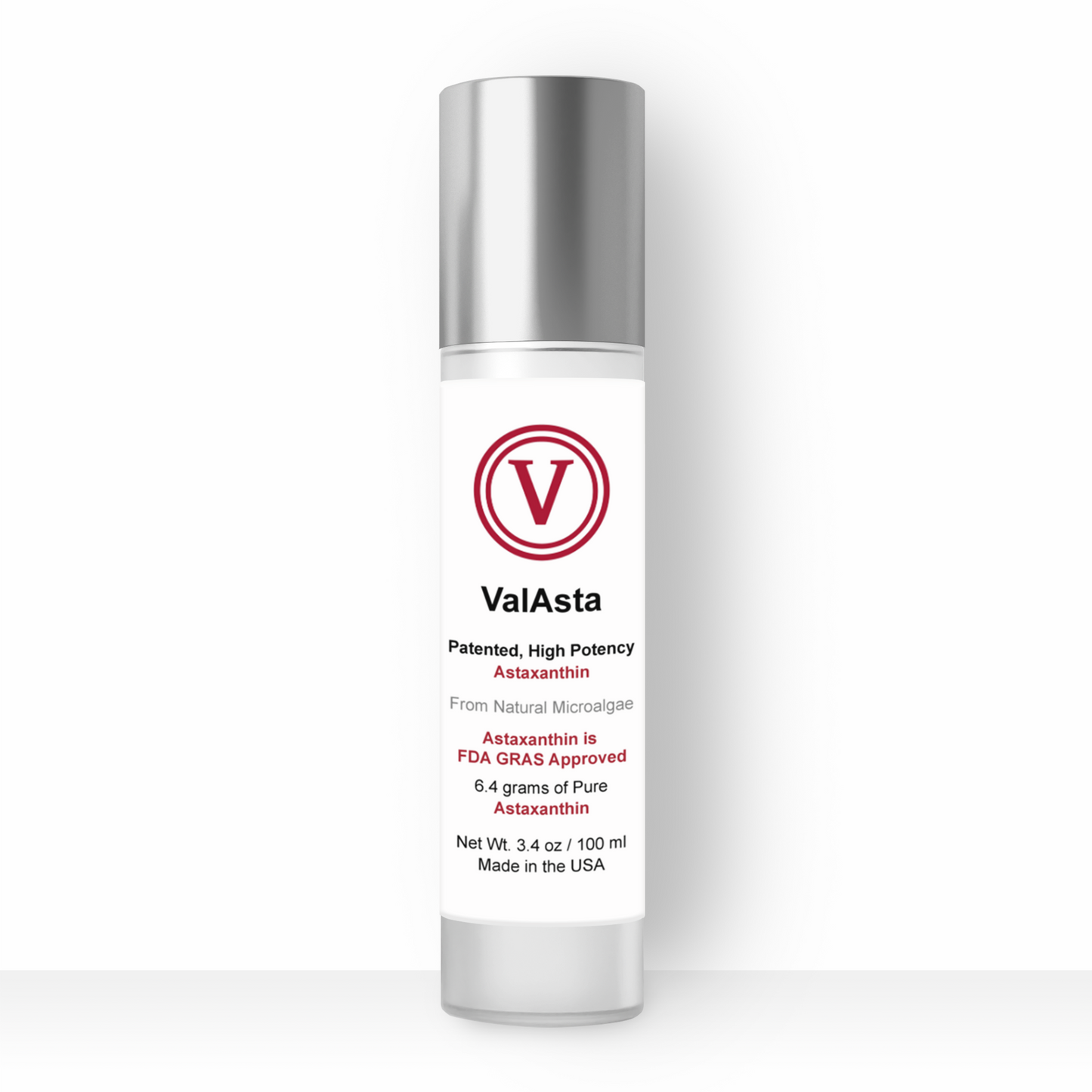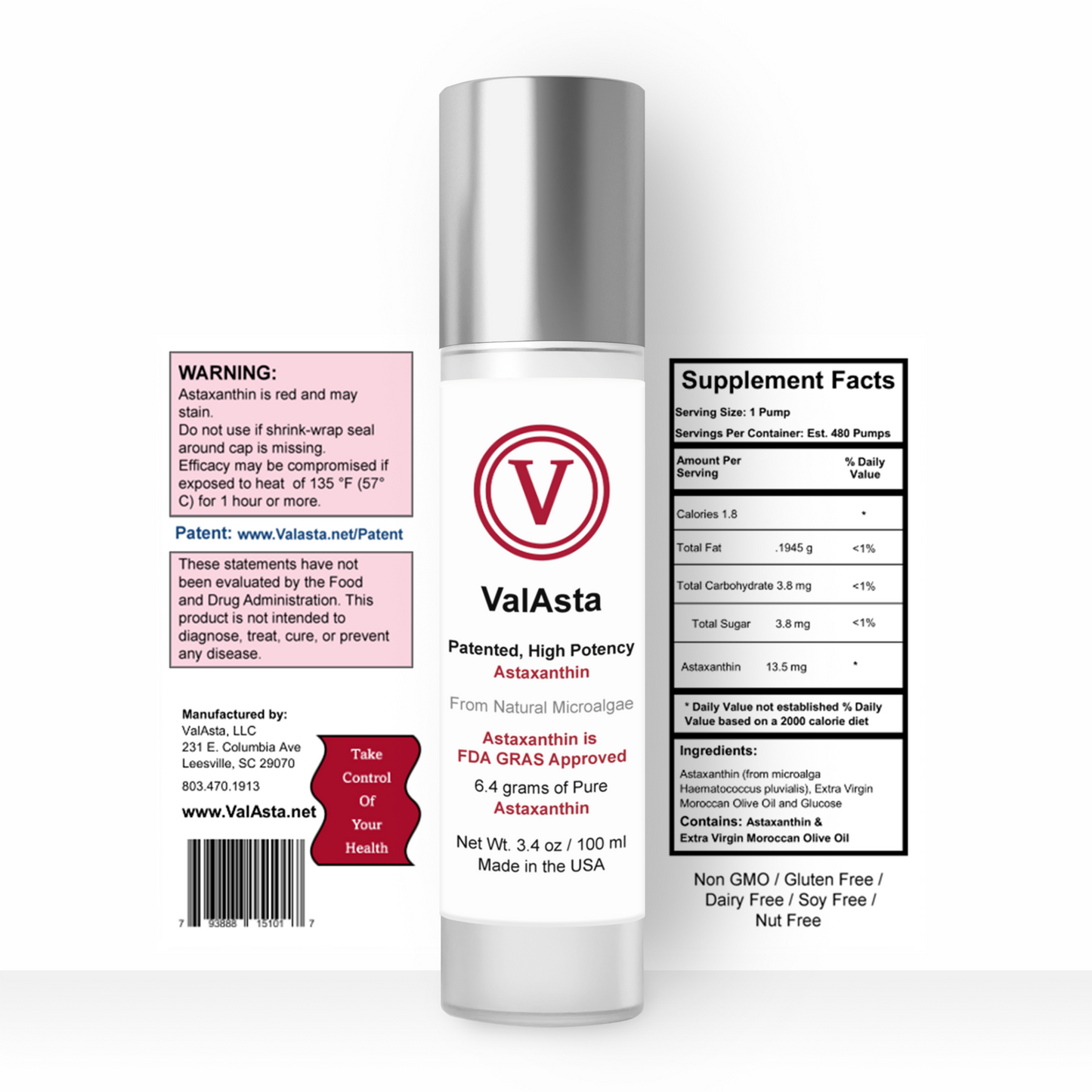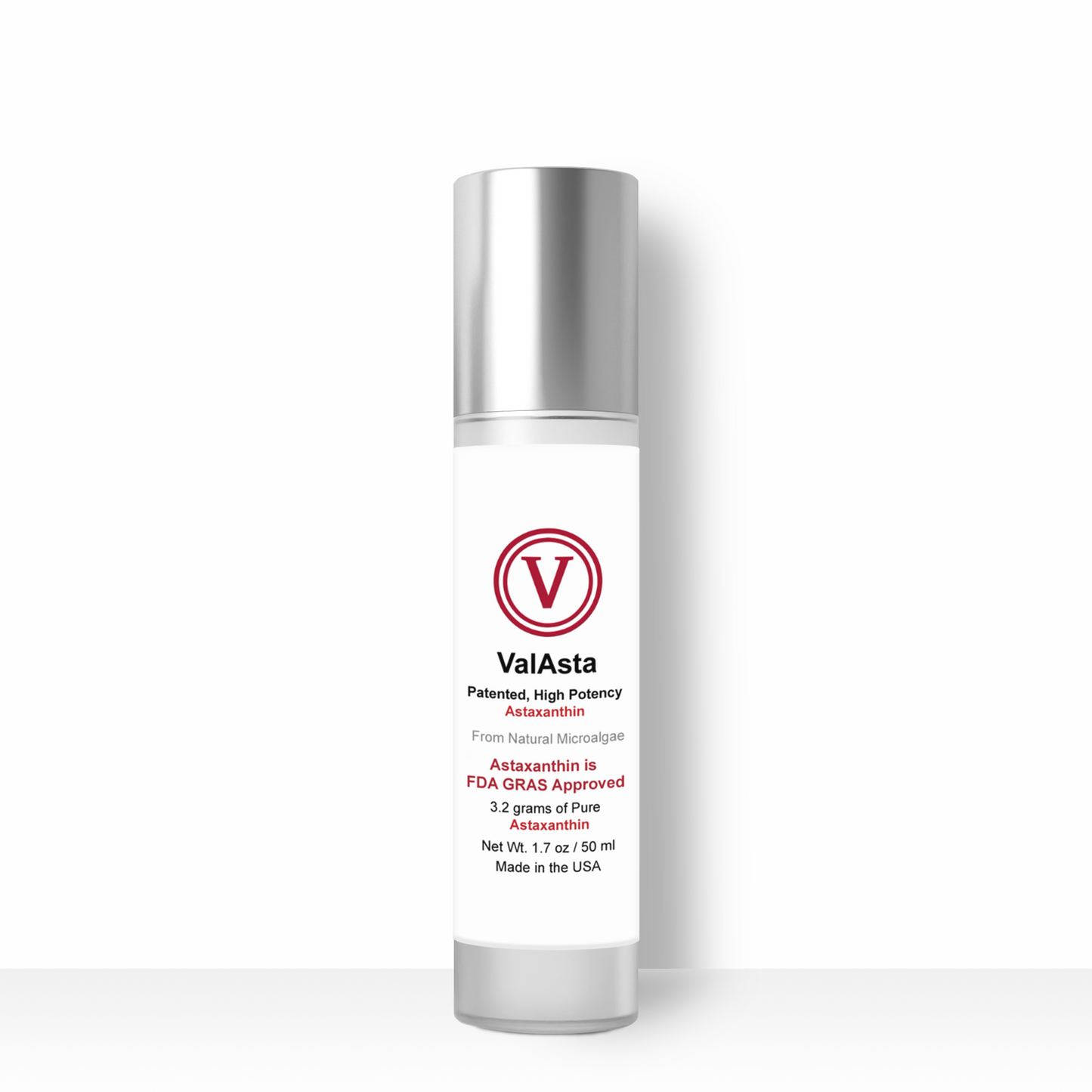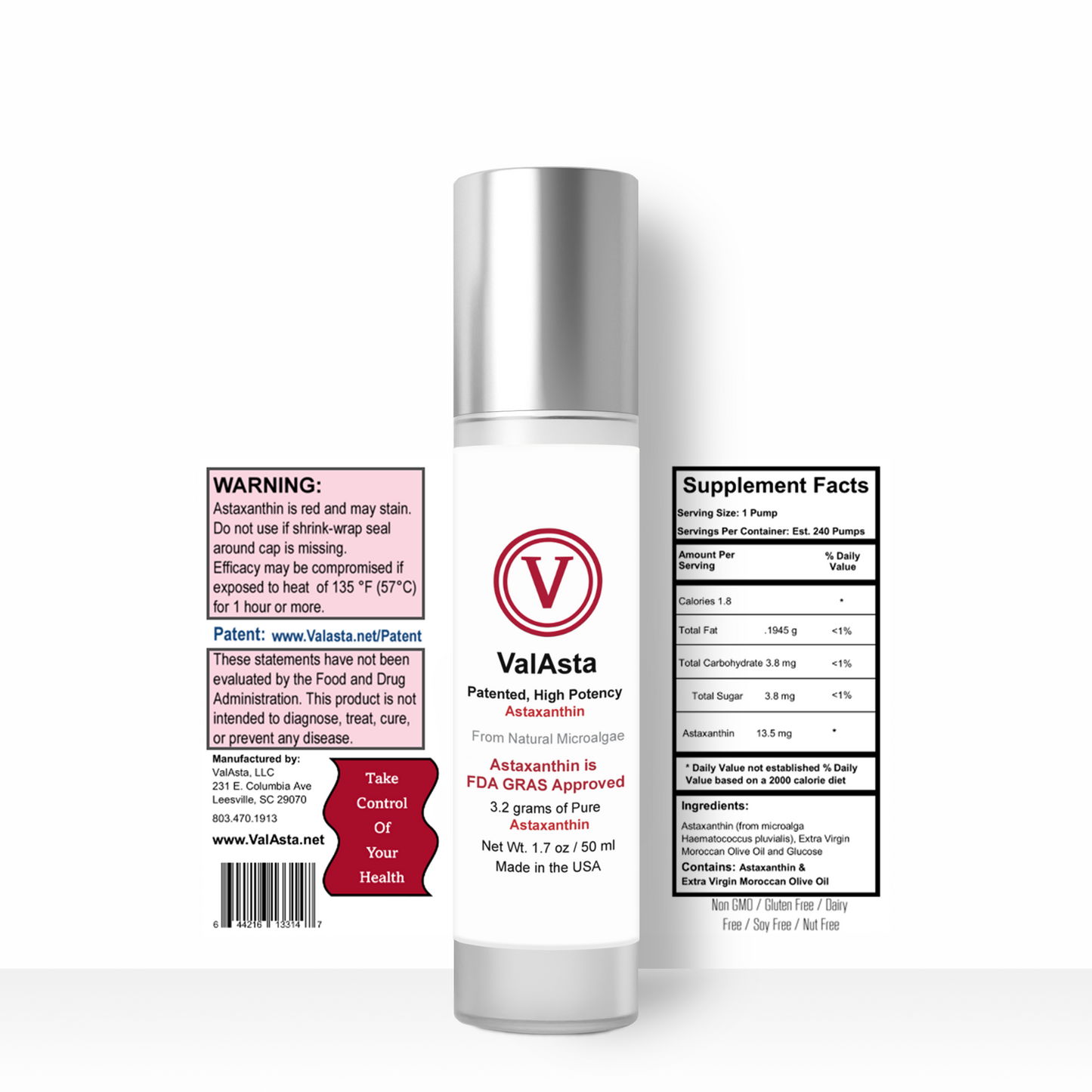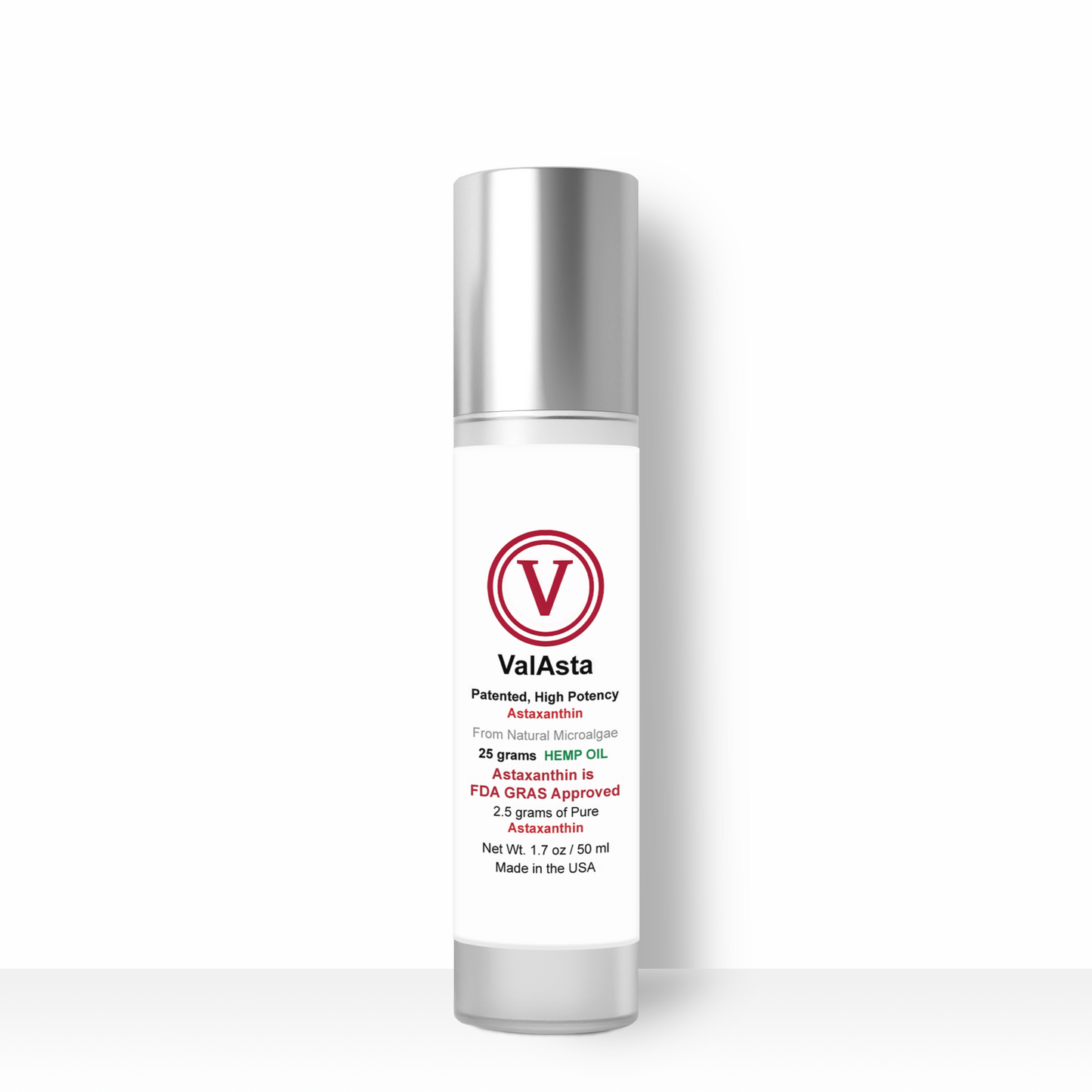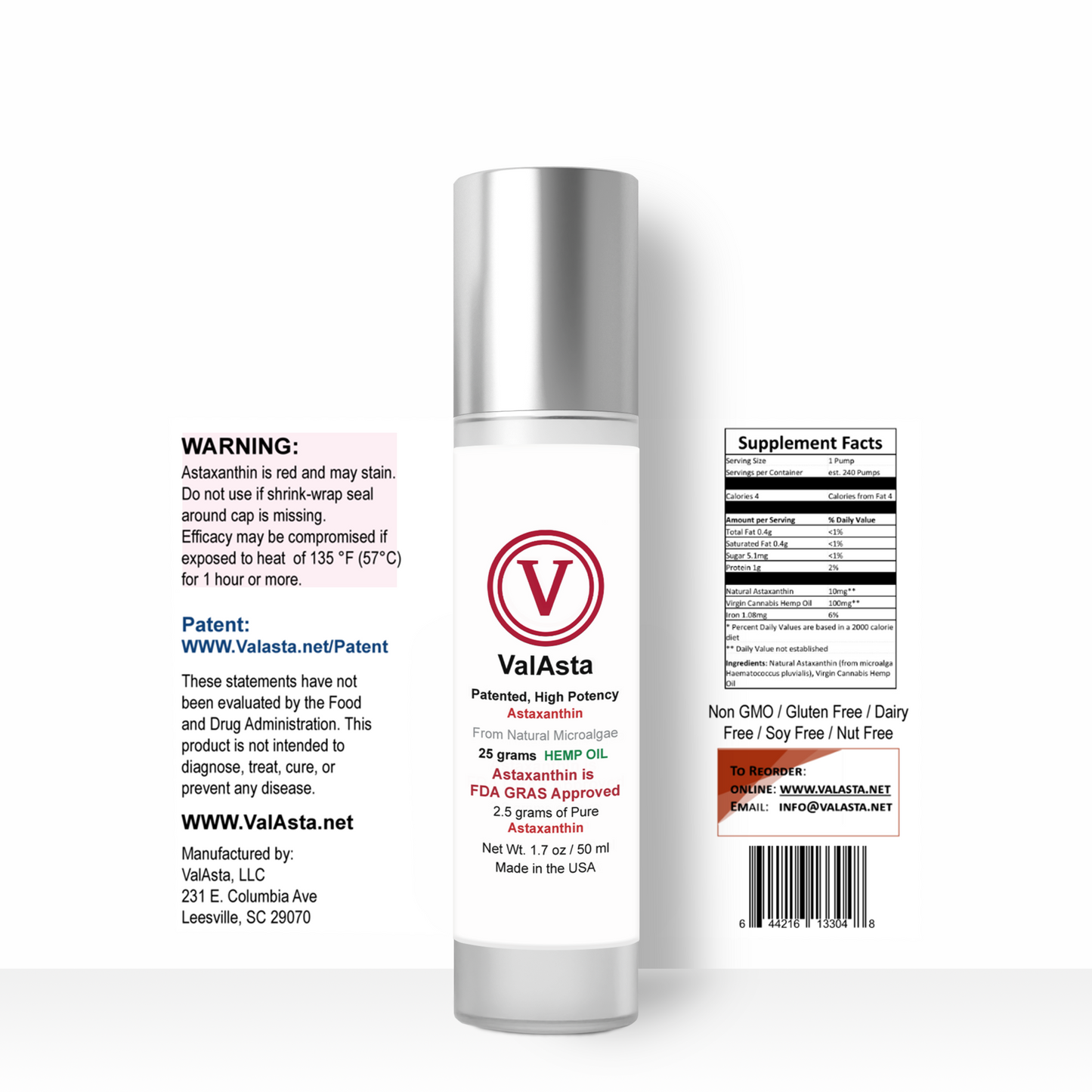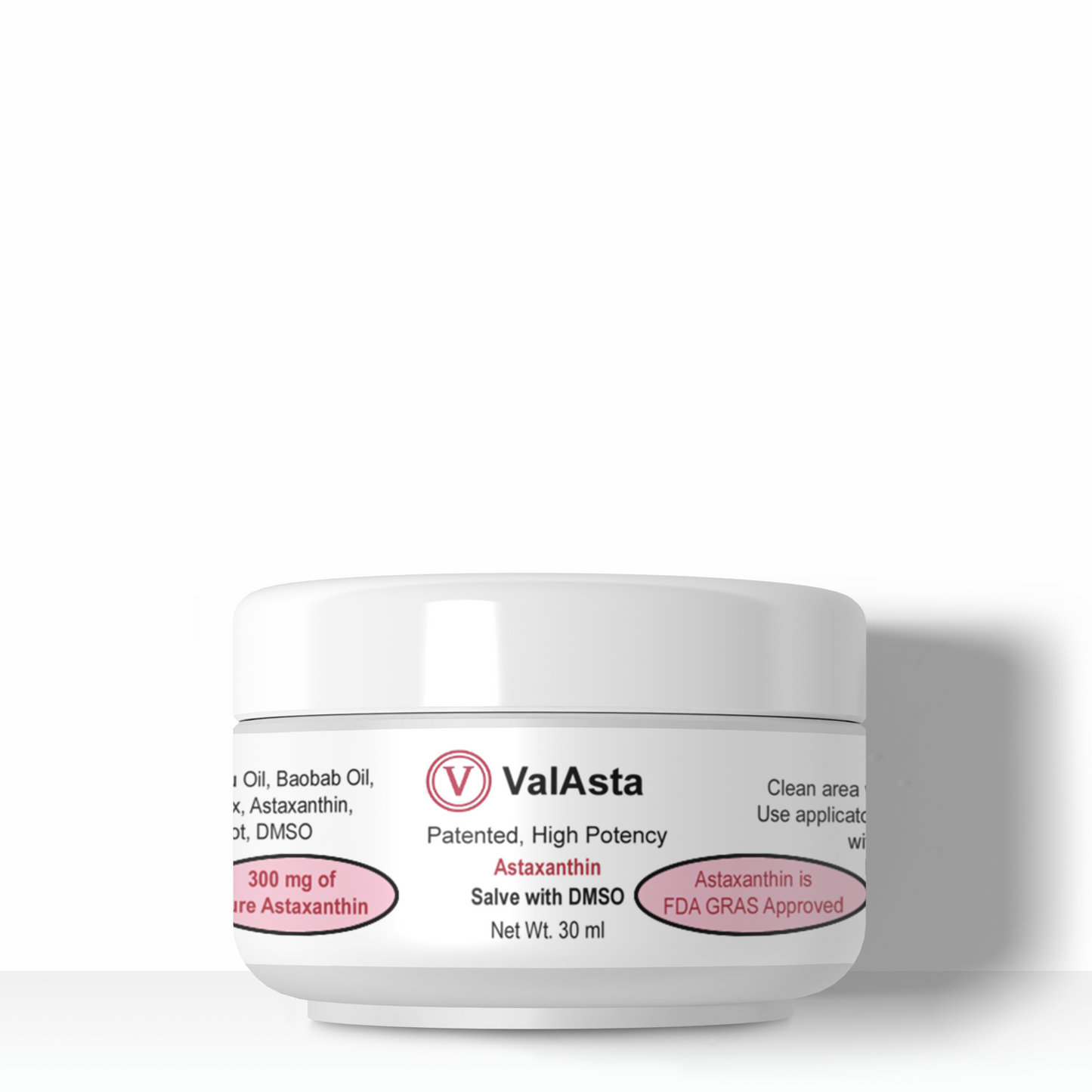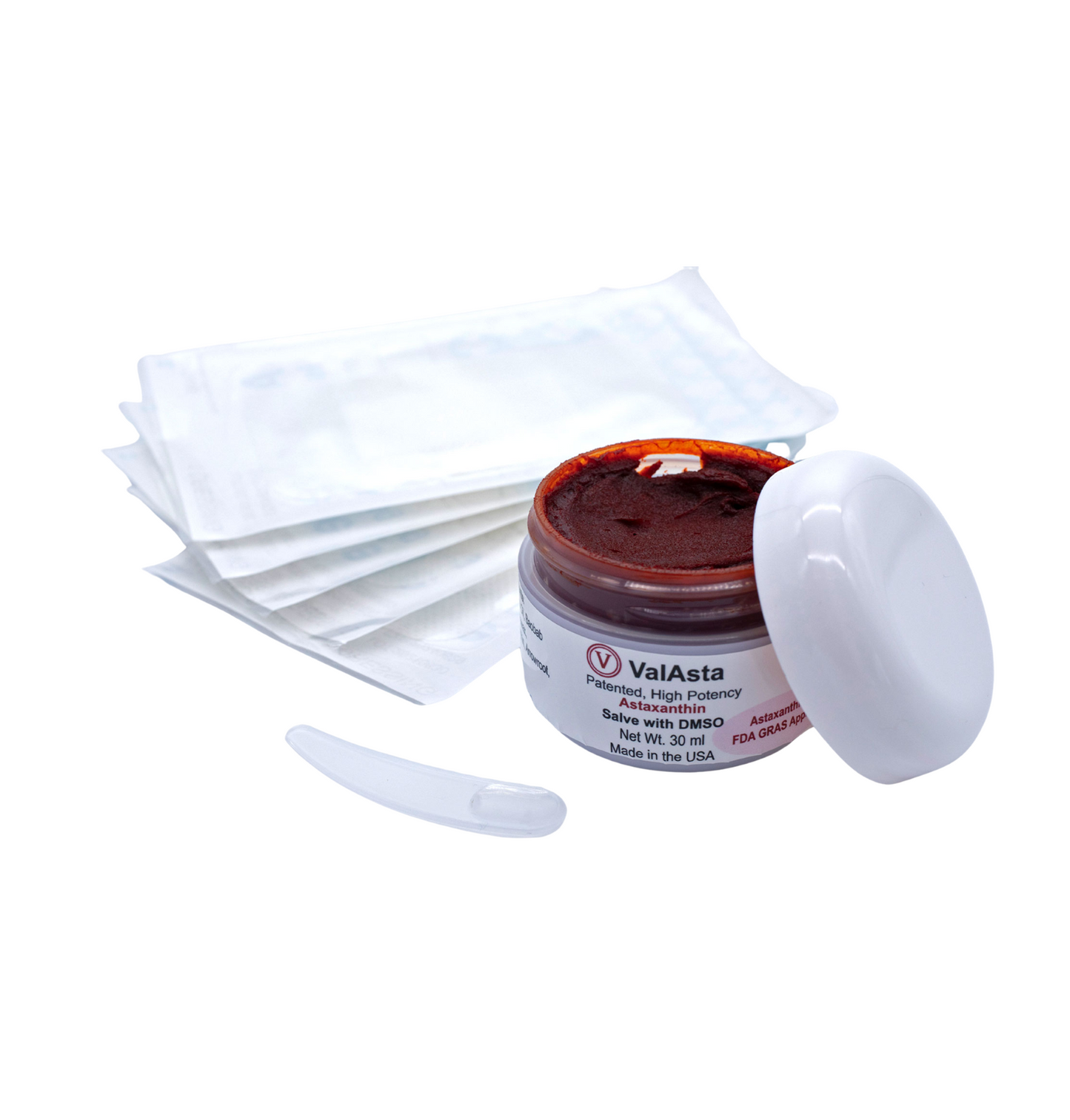
Driver athletes are affected by all four physiological stresses—muscular, cardiovascular, heat, and mental—any of which may impair performance. Consider muscle cramps that impede steering, or heat stroke, or a mental error that causes a crash—each reflects overt task failure caused by one type of stress. The more common scenario is more nuanced. Drivers’ complete races but do not win, admitting that they could have done better. Such subpar performance likely reflects multiple stresses acting in parallel. Each exerts pro-oxidant effects on redox homeostasis, promoting oxidative stress that impairs different aspects of the driving task. Thus, redox disruption represents a common mechanism by which physiological stresses oppose optimal task performance.
It follows that nutritional strategies or training regimes that promote redox homeostasis might improve performance. Consistent with this hypothesis, vitamin supplements appear to reduce racing-induced oxidative stress [2], and media reports routinely trumpet the antioxidant-rich diets of professional drivers. Research is needed to determine the effect of such interventions on racing performance. The results could yield data-driven recommendations that would benefit driver athletes and the motorsports industry.

